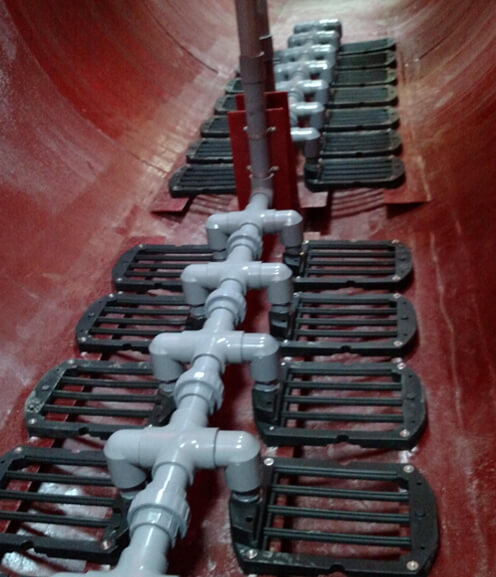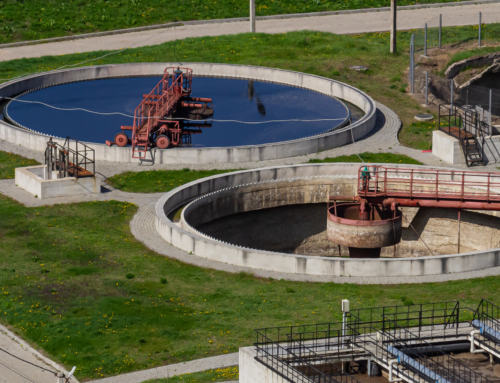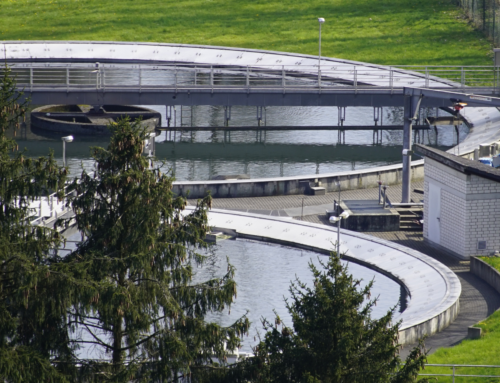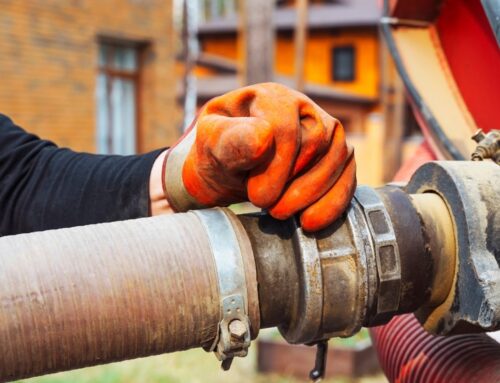What Causes Septic Systems to Fail? Signs Your Leach Field Needs Attention — Most septic systems work quietly in the background. You flush. You wash. You shower. The system handles the rest — until it doesn’t.
When a system fails, it can feel sudden. But often, the warning signs were there. You just didn’t know what to look for.
That’s where professional leach field repair comes in. Catching issues early makes all the difference. Whether you live in the country or run a rural business, your septic system can only take so much stress before things break down.
Let’s talk about what really causes septic systems to fail and how to spot the signs before the damage gets worse.
The Leach Field Is Where It All Ends Up
The leach field, also called the drainfield, is the part of your septic system that filters treated water back into the ground. It looks like just another patch of grass, but below the surface, it’s doing a lot of work.
If the soil gets too compacted, if too much water hits at once, or if the system is simply old, things can start to go wrong. Once that happens, you need someone experienced with professional leach field repair to take a look.
Early Signs Something’s Off
You might not see a dramatic failure right away. Sometimes the first signs are subtle. A slow drain. A musty smell. Maybe a patch of grass that’s greener than the rest.
These may not seem like much, but they’re the first clues. They mean water isn’t moving through the system like it should.
If it keeps building up, the system might reach a point where you need full drainfield replacement and repair. That’s why it’s worth paying attention early.

Common Reasons Systems Break Down
So, what goes wrong?
Overuse is a big one. If the system was built for a family of four and now there’s six or more people using it every day, that’s going to push things past their limit.
Grease, cleaners, and non-biodegradable waste can also clog up the pipes. And don’t forget about tree roots. They sneak in and cause trouble underground without warning.
Systems also just get old. Soil changes over time. Equipment wears down. When that happens, septic system repair services may not be optional — they’re necessary.
What a Repair Crew Looks For
If you call someone for professional leach field repair, they’ll usually start with a full inspection. They might check the tank, test the soil, and look at how water flows through the field.
Sometimes they find a simple issue. A broken pipe. A blocked vent. That’s when fixing septic drainfield issues is straightforward.
Other times, they’ll find the field is fully saturated. If that’s the case, you may need a rebuild — or at least some serious restoration work.
Can You Restore a Failing System?
In some cases, yes. Septic drainfield restoration helps bring old systems back to life. It involves clearing out clogs, improving airflow, and helping the soil absorb water again.
It doesn’t always work, but when it does, it can save a lot of money and avoid digging up the yard.
Restoration works best when the system was installed correctly. If you’re planning a new build or a major repair, make sure you’re working with a team that understands leach field installation and maintenance. Design plays a huge role in how long the system lasts.
Don’t Wait Until It’s an Emergency
You don’t have to wait for a full failure to do something. If you notice slow drains, odors, or soggy spots in the yard, call someone. Even if it turns out to be nothing, it’s better than waiting until sewage is backing up into your home.
A company like BioMicrobics, that handles professional leach field repair, can walk your site, check the system, and help you figure out the next steps.
Sometimes the fix is small, like adjusting a minor detail or addressing a simple issue. Other times, it’s more complex and requires a greater effort to resolve. But no matter the size of the problem, acting early gives you more time, more options, and the chance for a much better outcome in the long run. Procrastination only narrows possibilities, while quick action opens doors.
Dealing with Wastewater? Let’s Keep It Simple. You can phone us at 800-753-3278 or get in touch with us here.

If you’re tired of systems that break down, cost a fortune, or just don’t make sense—we hear you.
At BioMicrobics, we build treatment systems that work the way they should. No fluff, no confusing setup.
Simply clean water.
We can help you find out what works best for your house, small company, or even your whole town.





